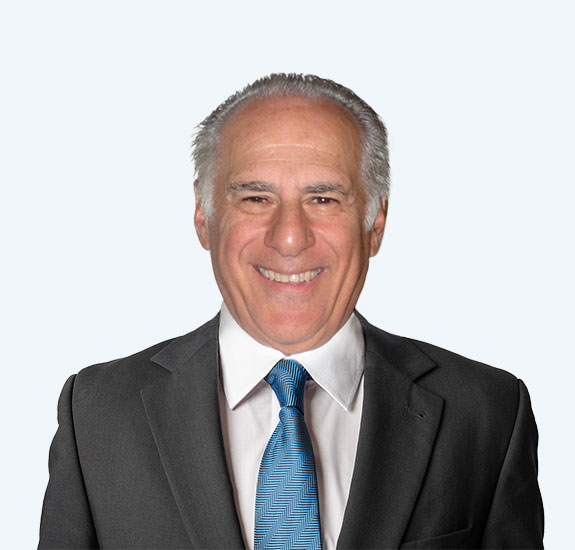- Free Consultation: (212) 693-3737 Tap Here to Call Us
Five Things You Should Know About Chapter 13 Bankruptcy
Chapter 13 Bankruptcy can help you get back on your feet financially. But there are five principles you must know, before you file to prevent surprises and new problems down the road.
Chapter 13 is designed for individuals with debts and who have houses or other assets they want to preserve. If assets or debts are jointly held by husband and wife, you can file one joint petition to cover both spouses.
Whereas, under Chapter 7 bankruptcy, if you qualify, you can write off or walk away from all of your debts. Under Chapter 13 bankruptcy, you must establish a Chapter 13 Plan to pay back all or part of you debt.
Principle 1
Under Chapter 13, you must pay back 100% of you secured debt. An example of secured debt is your home mortgage. If you are behind in your mortgage, you have to include 100% of your arrears in your Chapter 13 Plan.
The good news here is that you may not have to pay back any or all of your unsecured debts. Unsecured debt includes credit cards, medical bills and personal loans not secured by real estate. The amount required to pay back will depend on your available income.
Principle 2
Duration of Chapter 13 Plan is either Three years (36 months) or Five years (60 months). This timetable depends on your mean income by family size. If your income exceeds the mean income as established by the US Bureau of Labor Statistics, then you may be required to establish the longer 60 months plan. This would depend on the size of your debt as well as your total family income. Make sure you calculate your Chapter 13 Plan before you file your Petition.
Principle 3
Non-dischargeable debt may be included in a Chapter 13 Bankruptcy. You are probably aware that certain debts, such as taxes and student loans are nondischargeable under Bankruptcy. But you can include these debts in your Chapter 13 Plan. The net effect may be beneficial as you will be able to reduce the amount of your unsecured debt includable in you Chapter 13 Plan. In fact, a Chapter 13 Plan may be confirmable with as little as 5-10% of unsecured debt included in one’s plan.
Principle 4
Annual reviews could cause your Chapter 13 Plan to be revised downward or upward, pending on the change in your income.
Whether you initially establish a three year or five year Plan, you are required to submit tax returns, W-2s and paystubs, upon request by your Chapter 13 Trustee. If you benefit from a significant increase of your income, compared to your income at the time of your filing, the Trustee may compel you to revise your Plan. Naturally, this would only apply to you if your approved Plan is less than 100%. A 100% Plan is a Plan whereby you are paying back 100% of your debt.
Conversly, if you experience a drop in your income you may make a motion to modify your plan downward, to pay your creditors a lower amount. A downward modification would only be approved, if the revised Plan is deemed feasible by the Court. To be feasible, secured creditors would have to be paid 100% of all arrears and non-dischargeable debt must be paid in full, as well as all administration expenses if your income changes. Inform your Bankruptcy attorney if your income should fall to see if you can benefit from these changes.
Principle 5
Generally your Federal and State Income Tax Refunds must be turned over to your Bankruptcy Trustee, in most situations. The exception to this turnover requirement is if your initial plan covers 100% of your outstanding debt.
Thus, in most cases all future Tax Refunds go to the Trustee while during the life of your Plan. If you anticipate receiving tax refund at the end of the year, you should be aware that while your Chapter 13 Plan is in effect, you may be required to surrender both Federal and State returns to the Court Trustee. Prior to filing a Chapter 13 Petition and Plan, you should consult with your attorney to ascertain the tax implication of filing a Chapter 13 Petition. A taxpayer does have some control over the size of a Tax refund. A good bankruptcy attorney can assist you in preventing loss in income at the end of the year.
For more information email me at j.weinstein@jlwlawoffices.com or call me at 212-693-3737.







